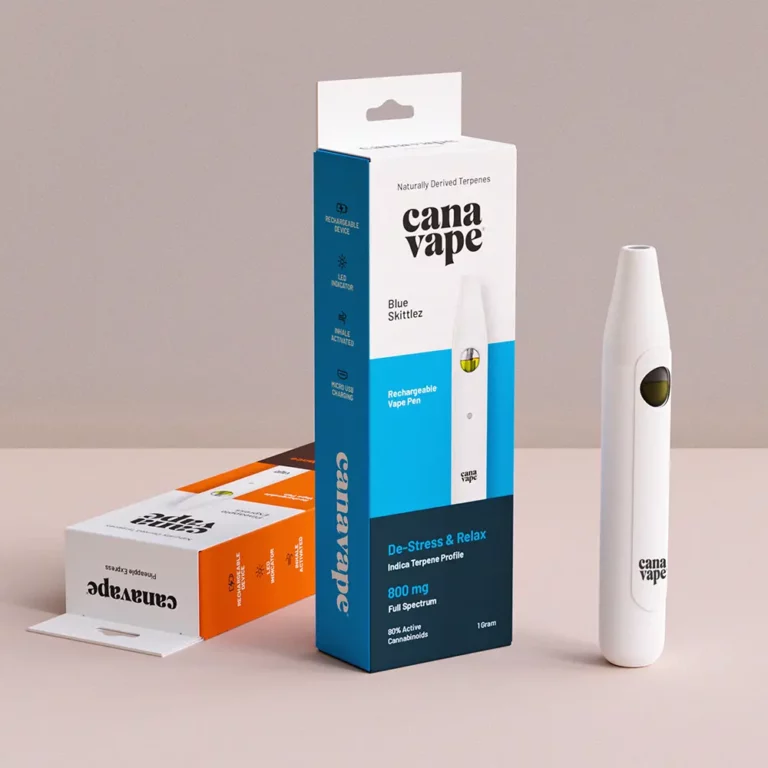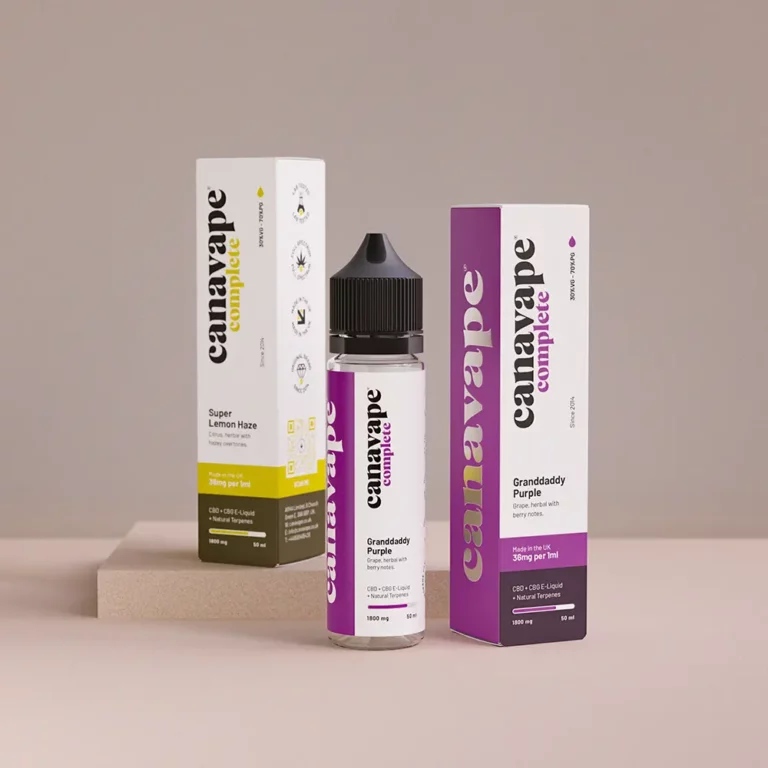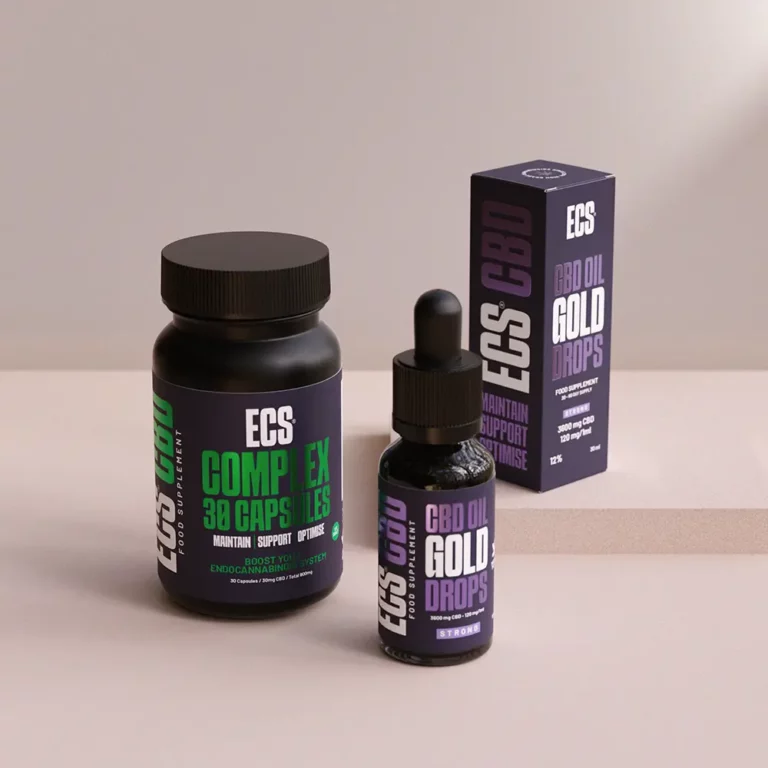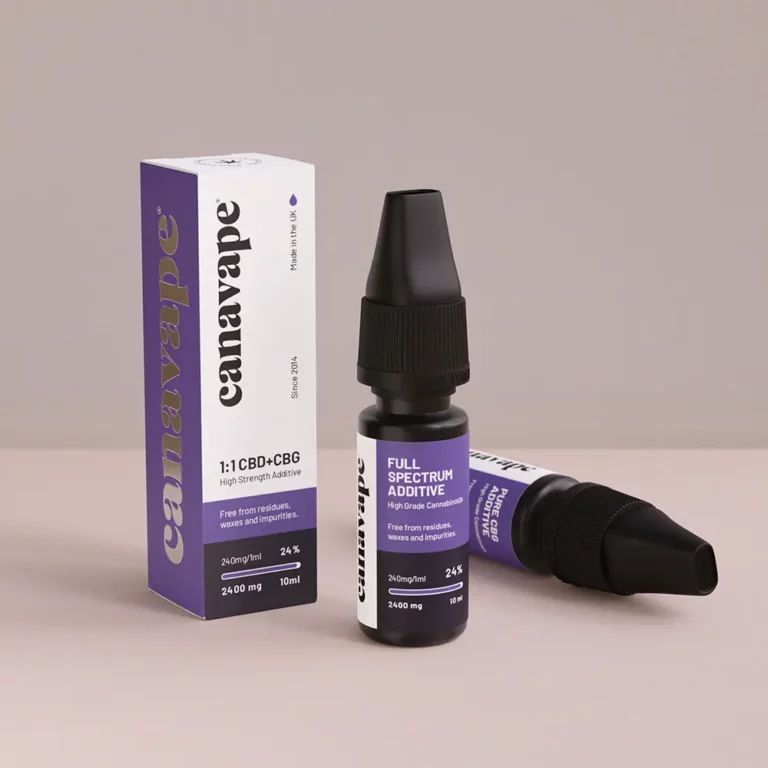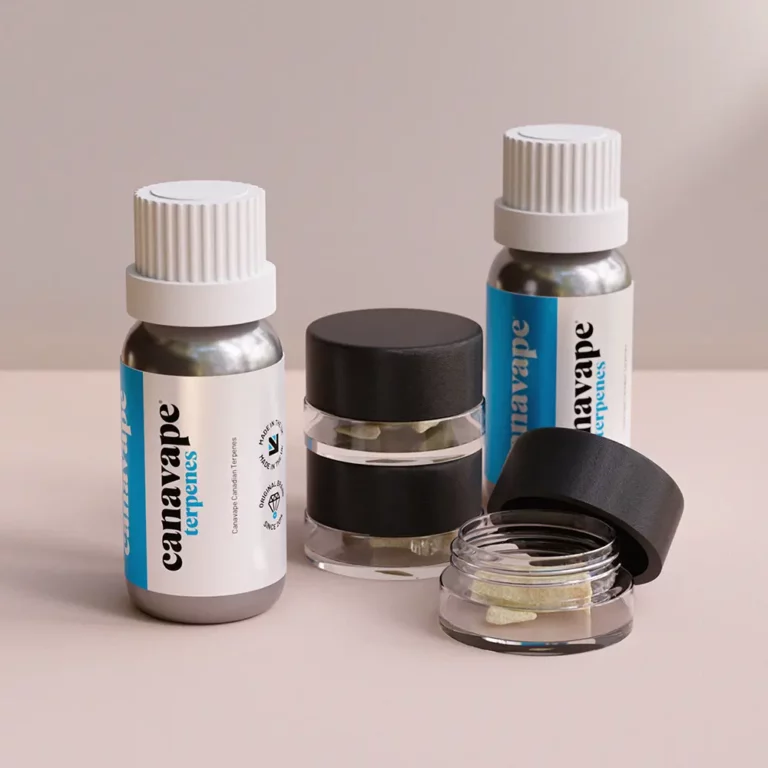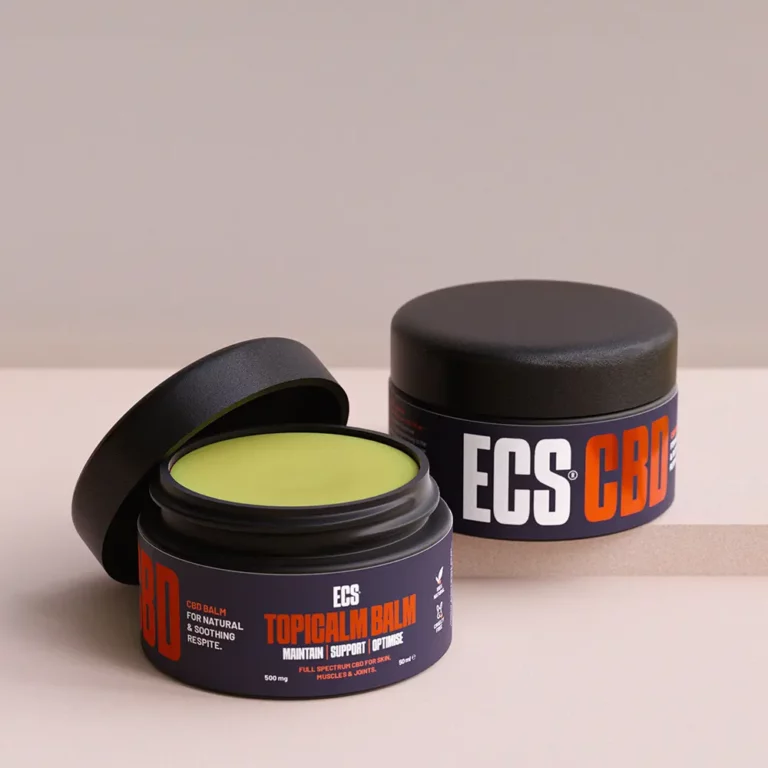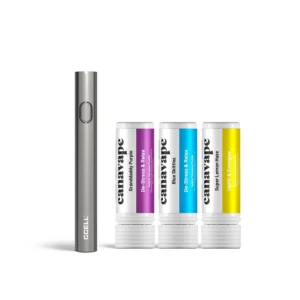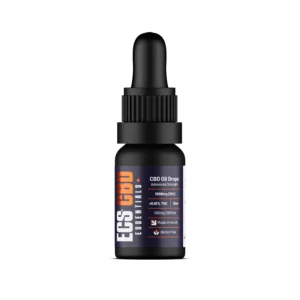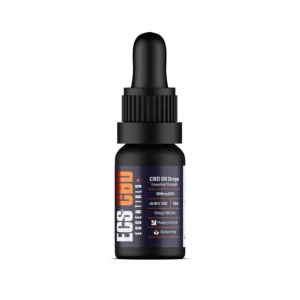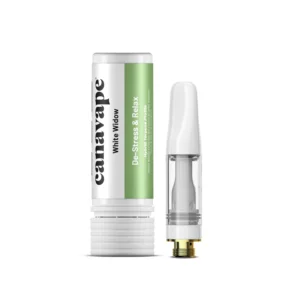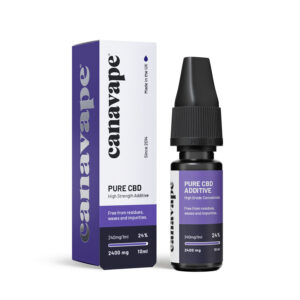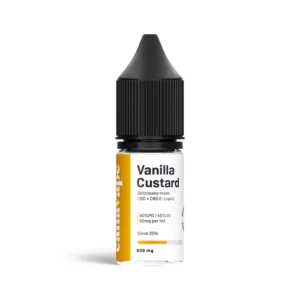THC vape oil and CBD vape oil are two distinct products that cater to different needs and preferences. While both are derived from the cannabis plant, they offer contrasting effects due to their chemical composition.
THC vape oil contains high levels of tetrahydrocannabinol (THC), the psychoactive compound in cannabis that produces the “high” sensation. It is commonly used for recreational purposes and may induce feelings of euphoria and relaxation. On the other hand, CBD vape oil is made from cannabidiol (CBD), a non-psychoactive compound known for its potential therapeutic benefits. CBD is often used for its calming and anti-anxiety properties, without the intoxicating effects associated with THC.
When choosing between THC vape oil and CBD vape oil, it is important to consider your desired outcome. If you are looking for a product that can help alleviate stress, anxiety, or pain without the psychoactive effects, CBD vape oil may be the better option. However, if you are seeking a more recreational experience and do not mind the psychoactive effects, THC vape oil may be more suitable for you.
It is crucial to note that the legality of THC and CBD vape oil varies by region. While THC is still considered a controlled substance in many places, CBD derived from hemp is legal in most states. Always check the laws in your area before purchasing and using these products.
In conclusion, THC vape oil and CBD vape oil offer distinct experiences based on their chemical composition and intended use. Understanding the differences between the two can help you make an informed decision on which product is best suited for your needs and preferences.
